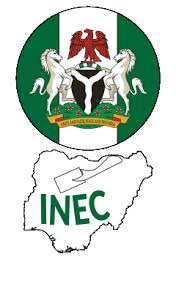This is indeed good news for the Nigerian as the naira ended the last five trading days largely flat across the various segments of the foreign exchange (FX) market, even as the nation’s external reserves jumped to $700 million, reports Business Today NG.
According to the data emanating from the Central Bank of Nigeria (CBN), the naira depreciated slightly by 0.14 percent during the five-day trading period, supported by a marginal increase in dollar demand.
The local currency closed at N1,534.71 per dollar on Friday,25 July, 2025 indicating a week-on-week depreciation of N2.17 from N1,532.54 recorded on Monday,21 July, 2025, the first trading day of the week at the Nigerian Foreign Exchange Market (NFEM).
At the same time, Nigeria’s external reserves climbed to $38.63 billion as of July 24, 2025, compared to $37.93 billion on July 18, 2025.
This represents a $700 million increase within a week, reflecting renewed inflows and positive sentiment around the naira.
Also in the parallel market, popularly known as the black market, Naira remained relatively flat. The naira traded at N1,532 per dollar on Friday,25 July, 2025 down slightly from N1,530 on Monday,21 July, 2025 representing a marginal loss of 0.13 percent.
According to a new report by Comercio Partners which provides context to Nigeria’s evolving FX landscape, revealed that from 2014 until mid-2023, the country operated a managed-float exchange rate regime, characterised by multiple exchange rates: the CBN’s official rate, the Investors’ and Exporters’ (I & E) window rate, and the parallel market rate. This fragmented system caused significant price distortions and created ample arbitrage opportunities.
To address this development, Nigeria’s apex bank introduced the “Willing Buyer – Willing Seller” model on April 21, 2023, aiming to unify the exchange rate regime. Although this policy came before the appointment of Olayemi Cardoso, governor of the CBN, he inherited its implementation and has since overseen efforts to stabilise the system under a semi-liberalised framework that allows greater market influence, though still short of full flexibility.










